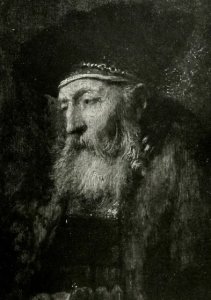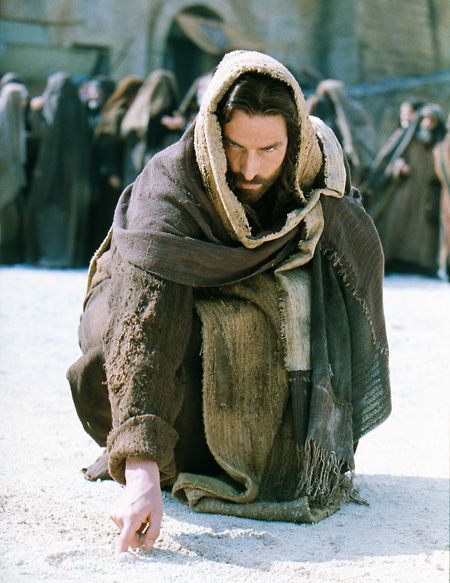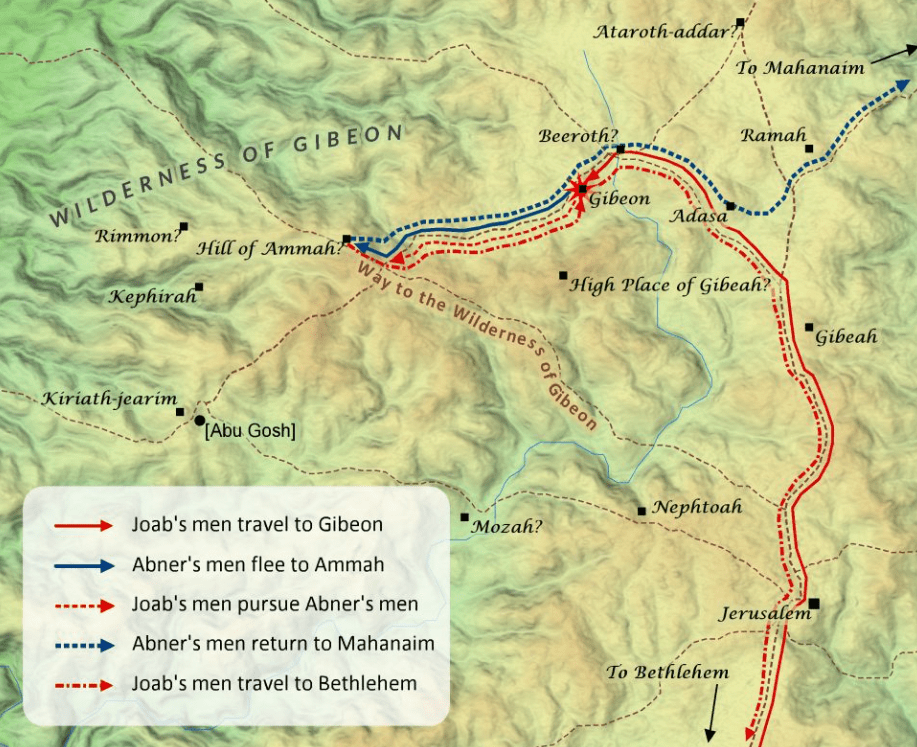
David Anointed King of Israel
As many who have followed me for a bit, I have fallen into the Psalms, and I can’t get up! (As if I would want to.) The Psalms are a majestic collection of poetry, of heart felt human experiences that constantly challenge me in my own frail attempt to follow the true King. As many of the Psalms are written by David, my study on the Psalms has spurred me on to looking at the life of David, is the main contributor to this book, and to follow the victories and tragedies of the shepherd King of Israel.
Many times in the narrative, we will see the Lord Jesus, imperfectly, yet a reflection of His spirit in a man with weaknesses.
2 Samuel 5:13-16
13 And David took more concubines and wives from Jerusalem, after he came from Hebron, and more sons and daughters were born to David.
14 And these are the names of those who were born to him in Jerusalem: Shammua, Shobab, Nathan, Solomon,
15 Ibhar, Elishua, Nepheg, Japhia,
16 Elishama, Eliada, and Eliphelet.
David was a busy man! He also seems to have a weakness for the feminine wiles. It turns out that he took a minimum of 8 specific wives that the Scriptures speak of.
- Michal – 1 Samuel 18:27
- Abigail – 1 Samuel 25:42
- Ahinoam – 1 Samuel 25:43
- Maaca – 2 Samuel 3:3
- Haggith – 2 Samuel 3:4
- Abital – 2 Samuel 3:4
- Eglah – 2 Samuel 3:5
- Bathsheba – 2 Samuel 12:24
Beyond those who became his wives, concubines were also collected by the king. As a matter of perspective, this passage may be speaking of wives not mentioned by name, and having become king of the united nation in the capital city, took more wives that are unnamed.
How many wives did David have? Let us be satisfied saying that he had at least 8.
As for concubines, let un not consider them simply as a mistress, a distraction for the man. To be a concubine is to be a wife, albeit of a lower status, a second class wife.
Note a helpful passage in Judges 19 when considering how a concubine was considered in Old Testament times. For brevities sake, I have included only the portions of the verses applicable to our topic. Notice the abundant use of terms that reflect a husband wife relationship
Judges 19:2 And his concubine was unfaithful to him….
Judges 19:3 Then her husband arose and went after her, … And she brought him into her father’s house. …
Judges 19:4 And his father-in-law, the girl’s father, made him stay, …
Judges 19:5 … the girl’s father said to his son-in-law,
So we may easily say, understanding this wrinkle of what a concubine is, that David surely had plenty more than 8 wives, though some of a lower status. Maybe that early satisfaction in thinking David only had 8 wives was a bit premature!!!
To David’s credit though, it seems he took all his wives from within the nation, and was not of the habit that Solomon developed in marrying foreign women. Yet his multiple wives surely set a standard that justified Solomon’s abuse of his actions.
To consider the children of David, that is a task far beyond this writer’s ability, but I have found a great resource for this purpose. (https://www.bibletales.online/king-davids-family-tree/) This website also provides a very useful family tree graphic that has embedded links providing much information for those interested. I am attaching a graphic below for your immediate reference.

In all of this consideration, we find David acquiring, in his ascent to power, all the seeds of distraction, sources of jealousy and continual internal bickering that came to fruition in later years.
What truth can be culled from this short passage? In short, monogamy is wise, yet there are some that consider polygamy an allowance, even a benefit for the Christian society. Those who think so, may appeal to the Old Testament. I would suggest these passages accommodate (not prescribe) polygamy as a form of family structure.
Exodus 21:10 If he takes another wife to himself, he shall not diminish her food, her clothing, or her marital rights.
The Word specifies that a first wife was to be protected from any change in her rights, even as a man may take another. The verse implies that this was a condition the Israelites would continue and the Lord would accommodate for the time being.
Deuteronomy 21:15 “If a man has two wives,… and if the firstborn son belongs to the unloved,
Deuteronomy 21:17 … he shall acknowledge the firstborn, the son of the unloved, by giving him a double portion of all that he has.
Again, the Word calls out the rights of the wife, even the second wife, who may be unloved.
Deuteronomy 17:17 And he shall not acquire many wives for himself, lest his heart turn away, nor shall he acquire for himself excessive silver and gold.
Deuteronomy 17:17 is a direct command of Scripture to any future king of Israel. Note that the passage refers to many wives. How many is many? Is three many? I would think so, but I can’t find a specific commandment providing a restriction. Those who want more wives could justify it by stretching the word many in many many many!
In all of this discussion, I want to confess a simple statement.
I am thankful for a simple life, for a loving wife of 44 years, and for the children that the Lord has provided through a monogamous relationship with my best friend.
David was a busy man – way too busy for me!
Thanks again for coming to visit. I hope you found something of interest in this post and would appreciate a comment, to begin a discussion. If you know someone this blog may bless (or challenge), send them a link, so they may join us in our discussion.
Come join us at Considering the Bible



